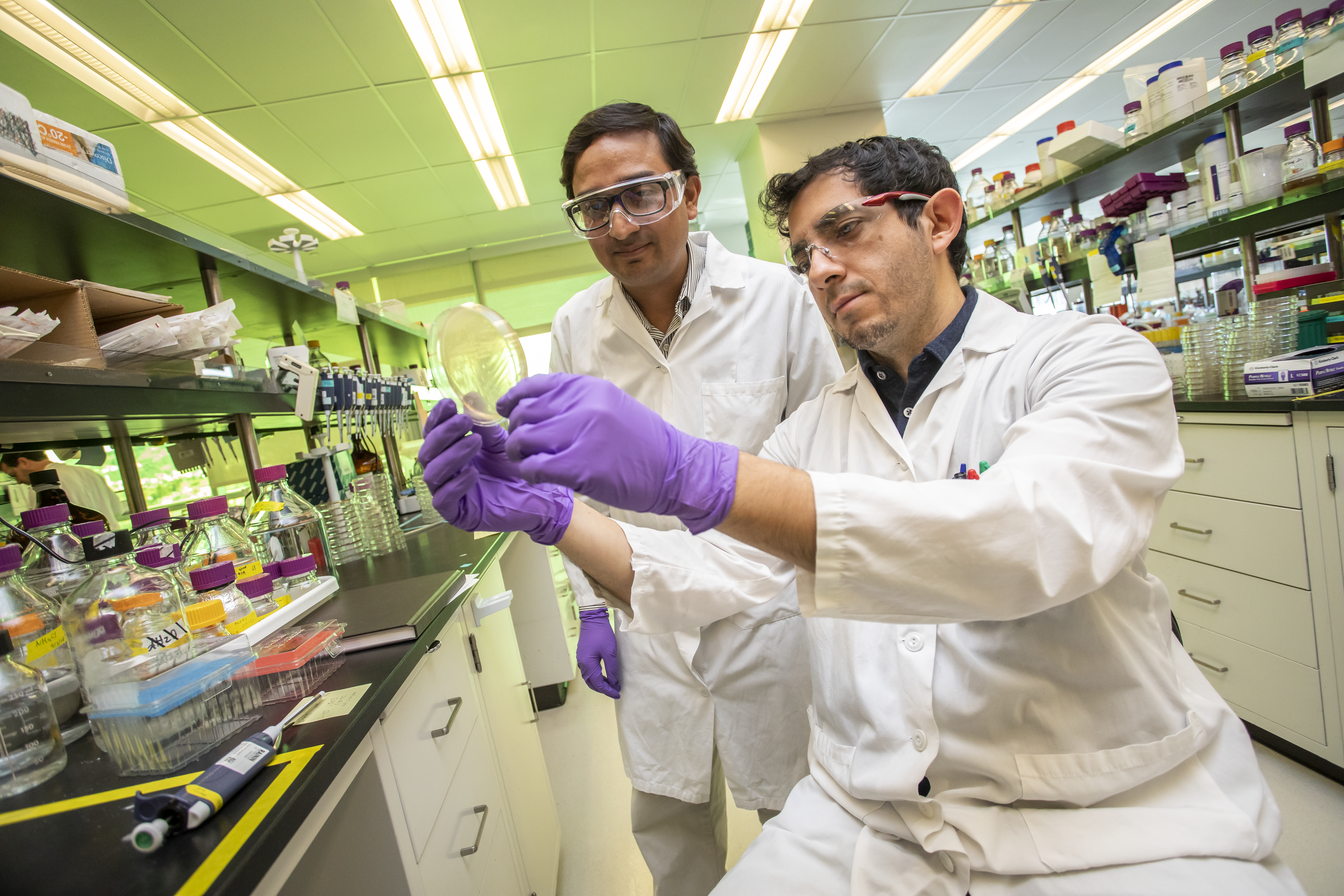 With an estimated daily fuel demand of more than 5 million barrels per day, the global aviation sector is incredibly energy-intensive and almost entirely reliant on petroleum-based fuels. Unlike other energy sectors such as ground transportation or residential and commercial buildings, the aviation industry can’t easily shift to renewable energy sources using existing technologies.
With an estimated daily fuel demand of more than 5 million barrels per day, the global aviation sector is incredibly energy-intensive and almost entirely reliant on petroleum-based fuels. Unlike other energy sectors such as ground transportation or residential and commercial buildings, the aviation industry can’t easily shift to renewable energy sources using existing technologies.
However, a new analysis by scientists affiliated with Berkeley Lab’s Biosciences and the Energy Technologies Areas shows that sustainable plant-based bio-jet fuels could provide a competitive alternative to conventional petroleum fuels if current development and scale-up initiatives continue to push ahead successfully.
“Techno-economic analysis and life-cycle greenhouse gas mitigation cost of five routes to bio-jet fuel blendstocks,” published recently in the journal Energy & Environmental Science, provides promising evidence that optimizing the biofuel production pipeline – taking carbohydrate-rich plant material and using genetically modified bacteria to digest the isolated sugars into energy-dense molecules that are then chemically converted into a fuel product – is well worth the effort. For more, read the press release on the Berkeley Lab News Center.



